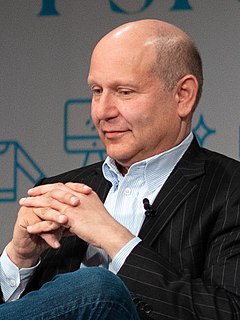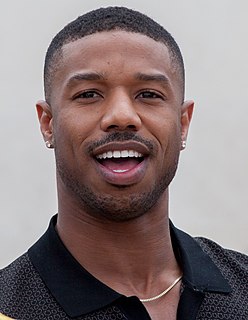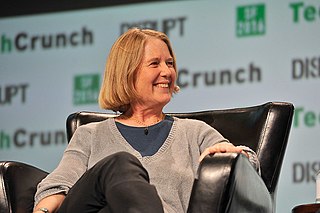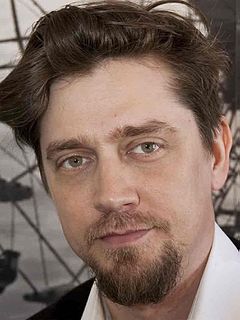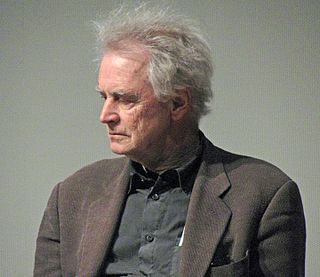A Quote by Chris Meledandri
Ted Geisel was trying to make a statement about awareness and personal responsibility. He was very clear about that. But the ideas and themes in 'The Lorax' go beyond a love of trees. It's also a story about the dangers of greed and the power of redemption. That's what makes it a timeless tale.
Related Quotes
Why did Ted Geisel end up writing and illustrating for young minds? He has specific imagery in the book, and we never would have moved beyond the discussion phase, if we couldn't have found an expression for The Lorax, dimensionally, that was true to the soul of what comes through in his simple line drawings, on the page.
Black Box is not a statement about injustice committed against Sephardi Oriental Jews or about the extremism of religious Jews or the lack of imagination of the old Israeli elites. It's a human story, in my view, first and foremost about a mystical communion between enemies. This is the inner story of the novel. This is my business as a novelist. It is not about positions and ideas.
I try to keep deep love out of my stories because, once that particular subject comes up, it is almost impossible to talk about anything else. Readers don't want to hear about anything else. They go gaga about love. If a lover in a story wins his true love, that's the end of the tale, even if World War III is about to begin, and the sky is black with flying saucers.
If my pictures are about anything at all, I think it's about trying to make a connection in the world. I see them as more optimistic in a certain way. Even though it's very clear there's a level of sadness and disconnection, I think that they're really about trying to make a connection and almost the impossibility of doing so.
When I make film music, I'm a filmmaker first and foremost. It's about serving the needs of the film. You're telling a story; in a way, you stop becoming a composer and become a storyteller instead. You tell the story with the most appropriate themes. How you approach these things is a very personal matter, but your goal is to tell the story first.
With self-awareness you grow more intelligent. In awareness you learn, in self-awareness you learn about yourself. Of course, you can only learn what you are not. To know what you are, you must go beyond the mind. Awareness is the point at which the mind reaches out beyond itself into reality. In awareness you seek not what pleases, but what is true.
You'll also hear about the widening gap in the educated and the uneducated. The liberals will all say, "We must do something about it" and some in our population swoon, "Oh, yes, it's so unfair, and so unfortunate, and we've gotta do something about the inequality." So the Democrats then have their reason to do something about it, and the way they go about it is not trying to make people equal at all. The way they go about it is not even rooted in changing inequality, at the end of the day. The way they go about it is destructive for everybody.
I knew that there was an aspect to this story that was beyond the typical and that it was something very important about America, about our culture, and about bringing a story to a new generation that perhaps didn't know the details of it, (and) hadn't had the visceral experience that this film is [42].
Frankenstein feels like an ancient tale, the kind of traditional story that appears in many other forms. It appeals to something very primal, but it's also about profound things, the very nature of life and death and birth - about, essentially, a man who is resisting the most irresistible fact of all, that we will be shuffling off this mortal coil.
The themes that run through all my work are that consciousness is the ultimate reality; and that by understanding consciousness, you understand everything about yourself, about perception, about creativity, about behavior, about relationships. By understanding consciousness, you have the ability to create anything in your world. And you have the ability to influence also the collective consciousness to not only bring about personal healing, but social transformation, and ultimately healing our planet, which happens to be extremely wounded.
